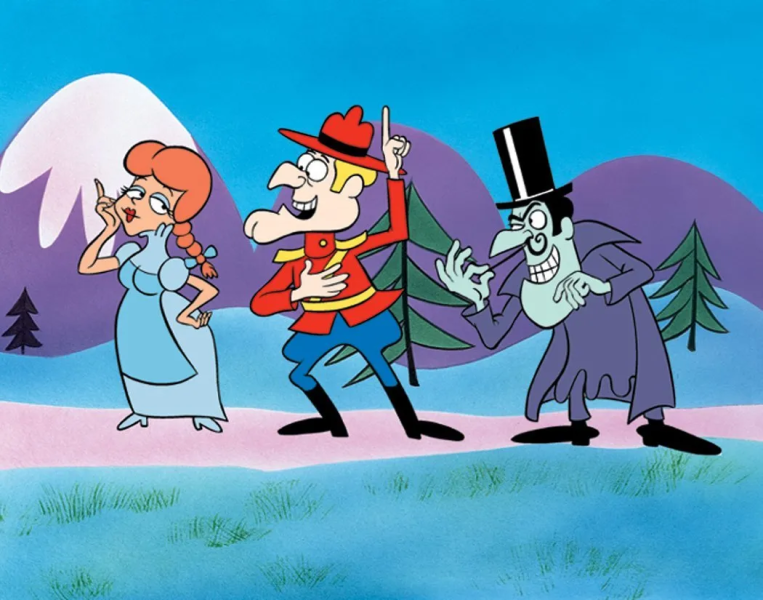Australia has long been known as the “Lucky Country,” a land of opportunity and prosperity. However, the way we approach leadership and teamwork is uniquely egalitarian, deeply rooted in our values of mateship and a fair go for all. This is nowhere more evident than in the daily hustle and bustle of our major shopping centres.
The Shopping Centre Analogy
Picture a bustling shopping centre on a weekend. Families out for a shopping spree, young couples dining at the food court, and perhaps some tourists looking for the quintessential Aussie experience. Keeping this hive of activity running smoothly is a team comprising roles as varied as the manager, the cashier, night packers, and even the young person collecting trolleys in the car park.
The Role of the Manager
A manager at a shopping centre is a keystone in the day-to-day operations, responsible for overseeing the staff, managing customer complaints, and ensuring a profitable operation. However, if the manager takes a day off, the shopping centre would likely continue to function without much disruption. Why? Because the team has been trained and empowered to take ownership of their responsibilities.
The Indispensable Trolley Collector
Now, let’s consider what happens if the trolley collector is off-site for a day. At first glance, the role of a trolley collector might appear inconsequential. However, picture a scenario in which trolleys are left unattended and scattered throughout the car park. This would not only create an obstacle course for drivers but could also lead to potential accidents, customer frustration, and chaos, as well as the potential loss of patronage. The absence of this ostensibly ‘minor role’ would have a ripple effect, disrupting the smooth functioning of the entire shopping centre.
Leadership: A Balanced Act
As highlighted in “The Australian Leadership Paradox,” leadership in Australia involves a delicate equilibrium between authority and egalitarianism. In essence, the success of any organisation, whether a shopping centre or a power station, hinges on the collaborative effort of its entire team, each of whom plays an integral role.
Conclusion
In the Australian work culture, no job is too small, and every role is critical. The shopping centre analogy paints a vivid picture of how each cog in the machine is necessary for its optimal functioning. As leaders, it’s essential that we foster an environment where every team member is valued, contributing not just to the success of the organisation but also to a more harmonious and egalitarian society.



